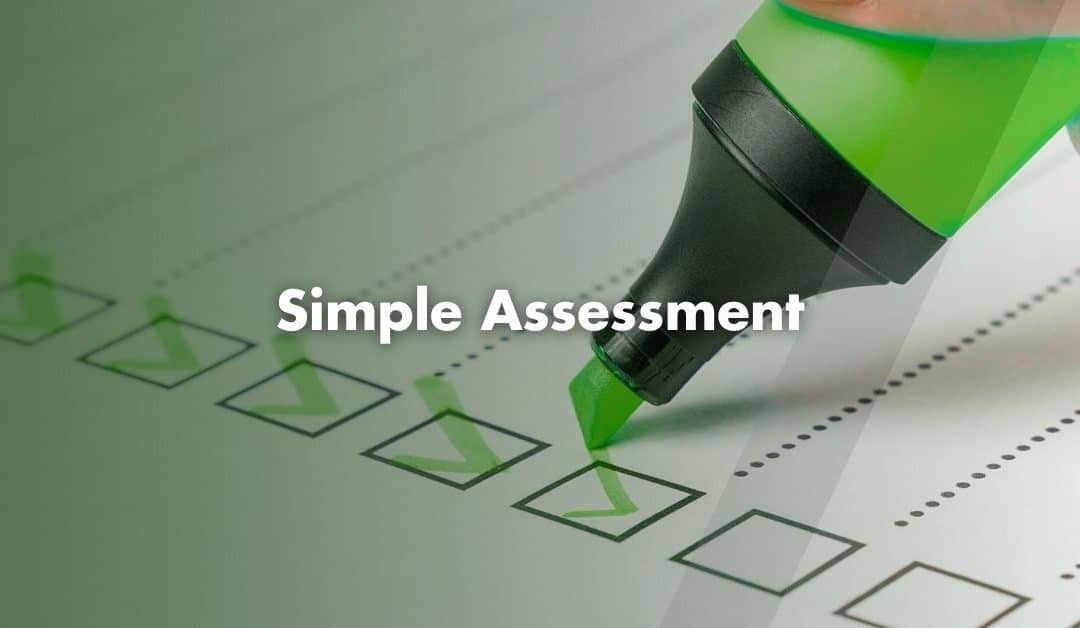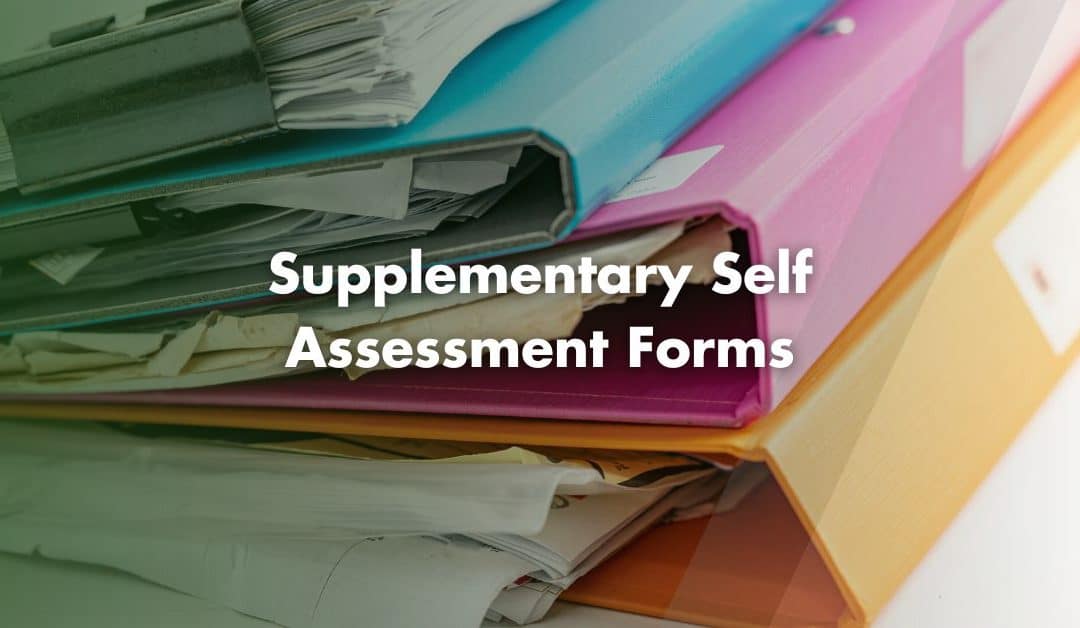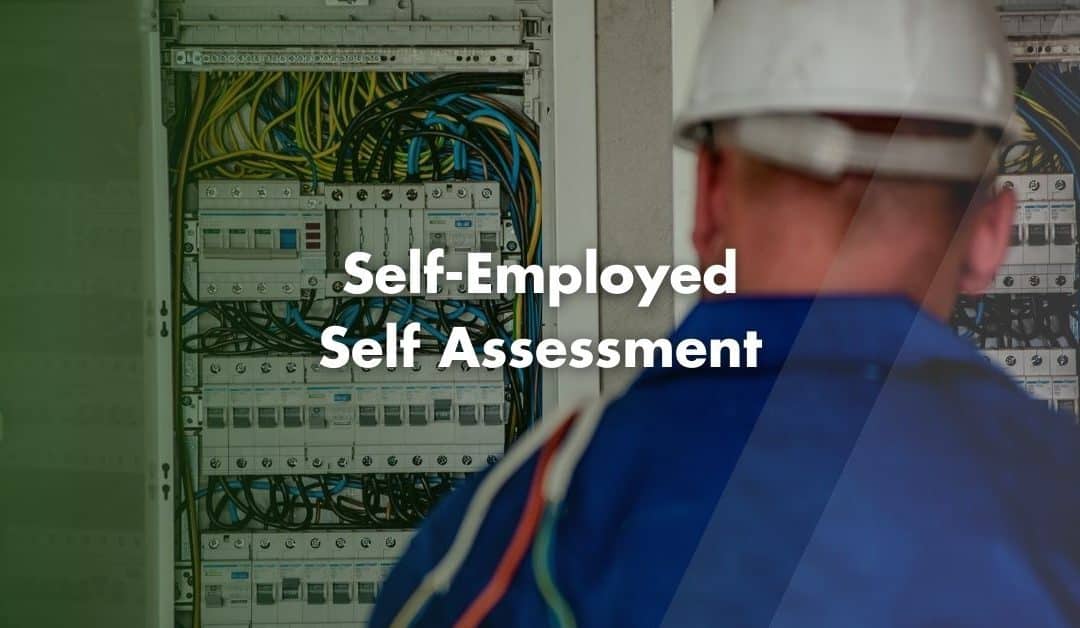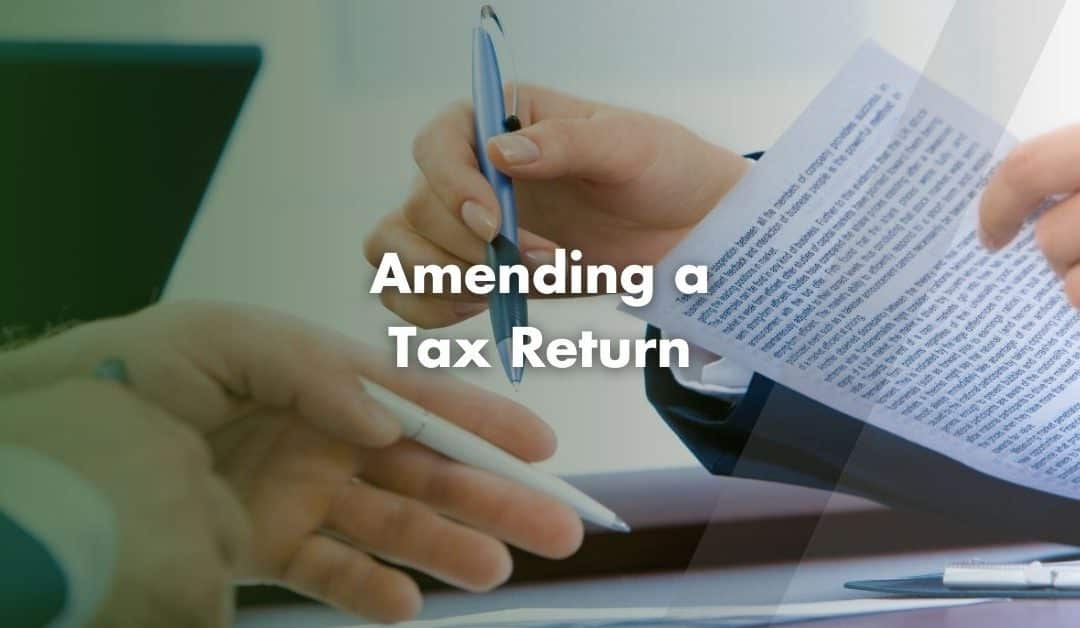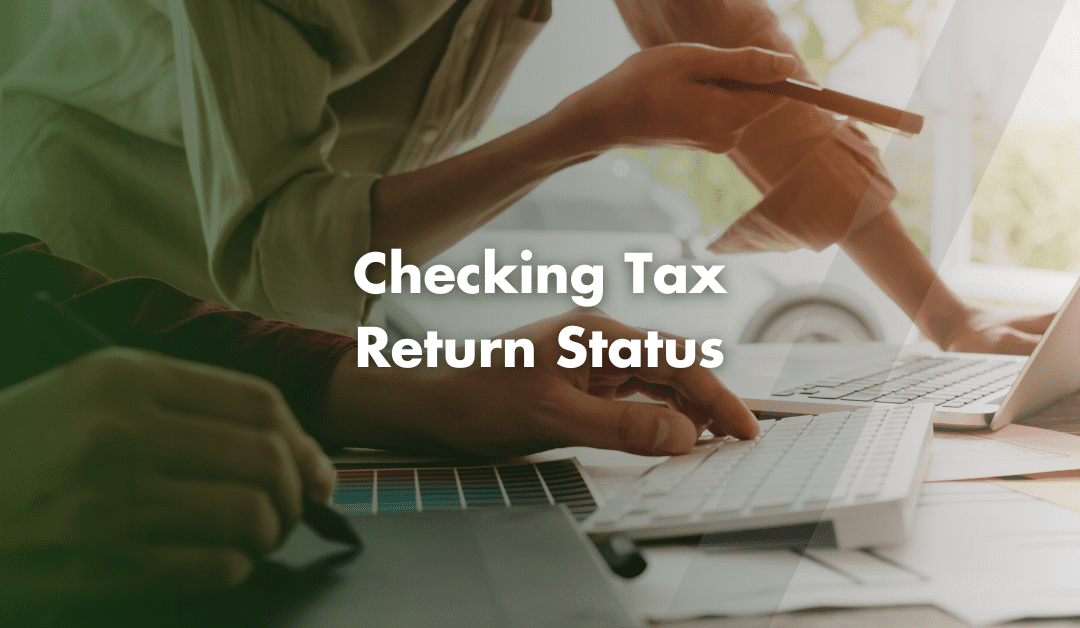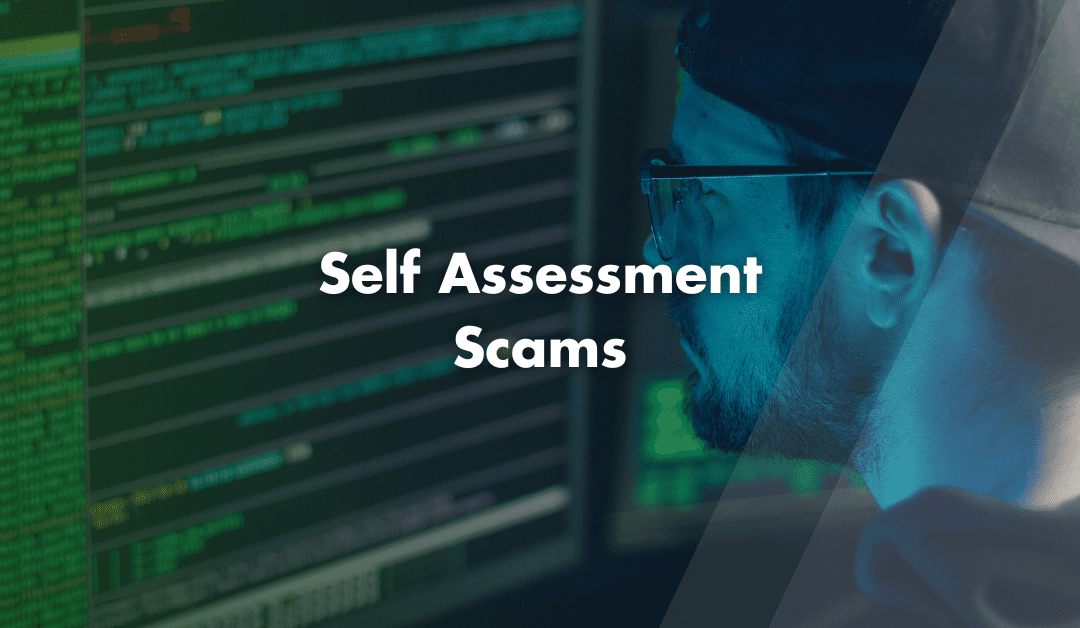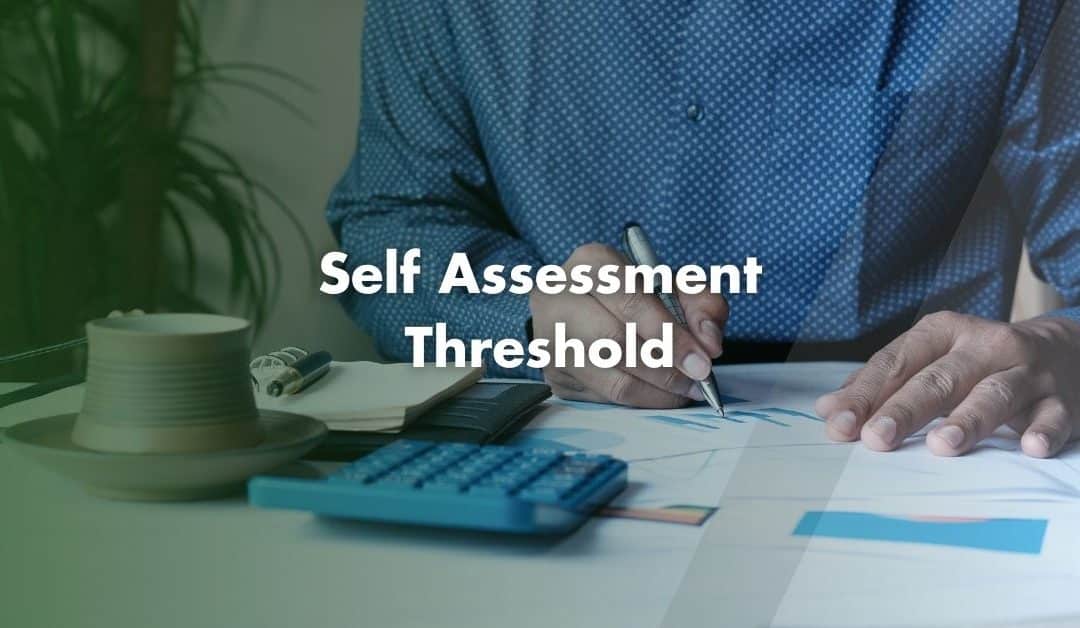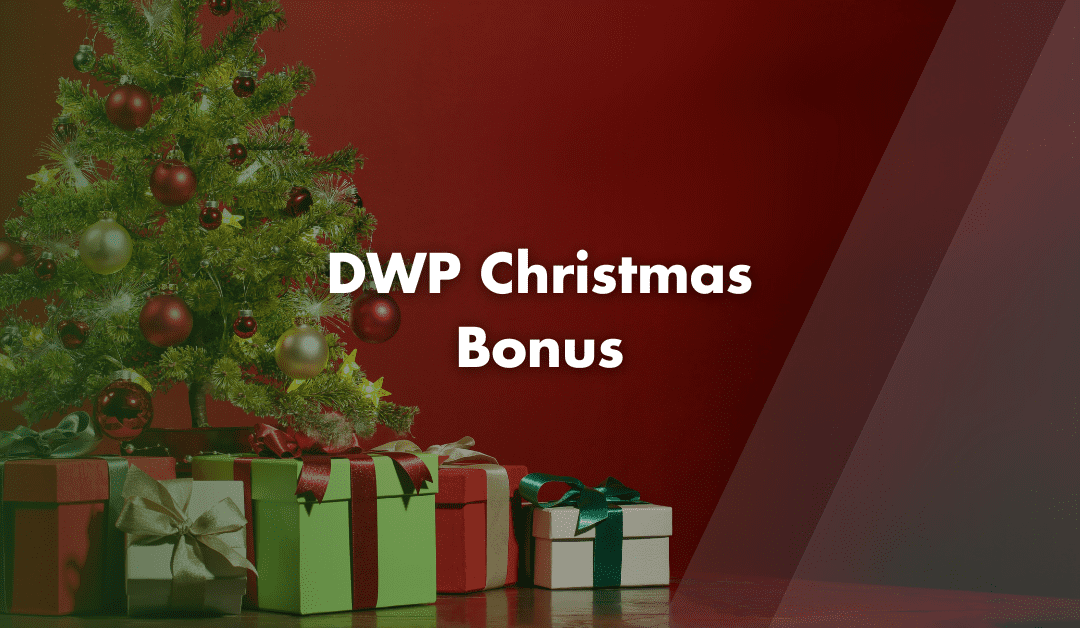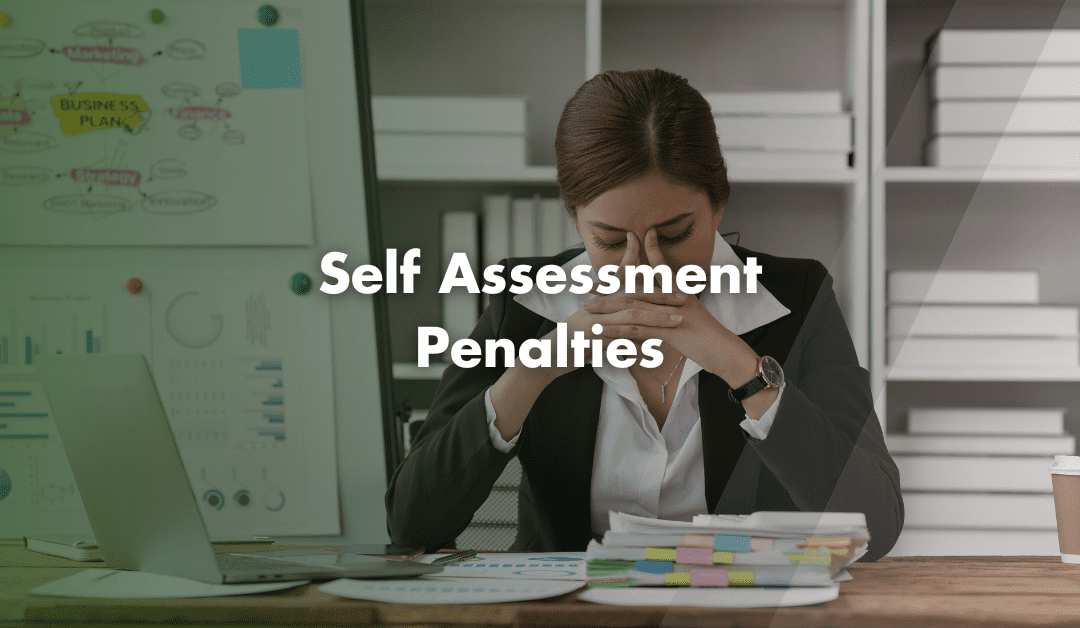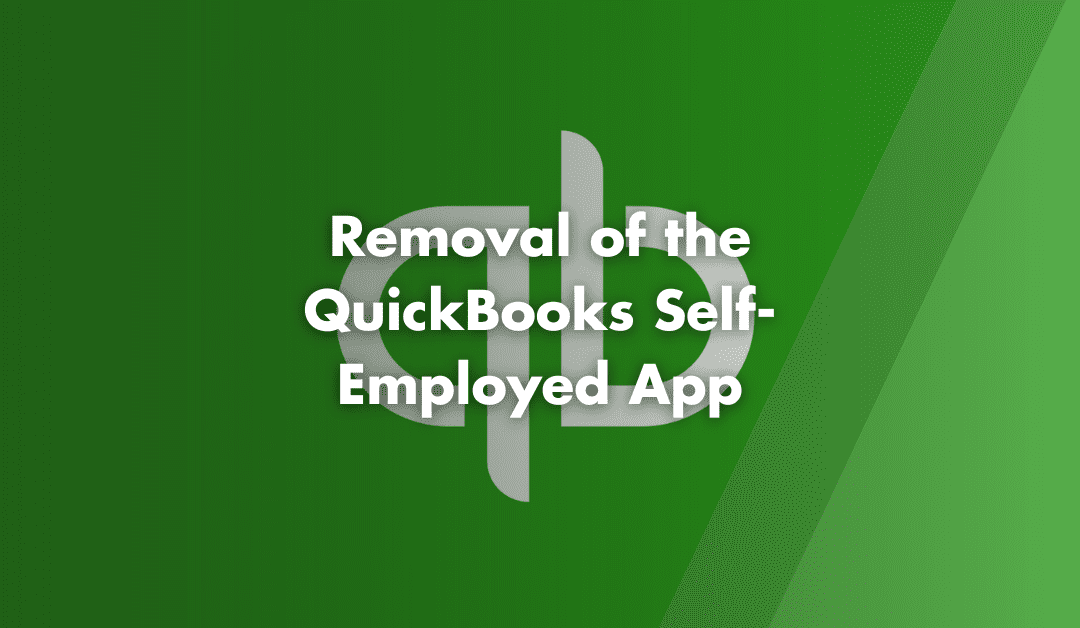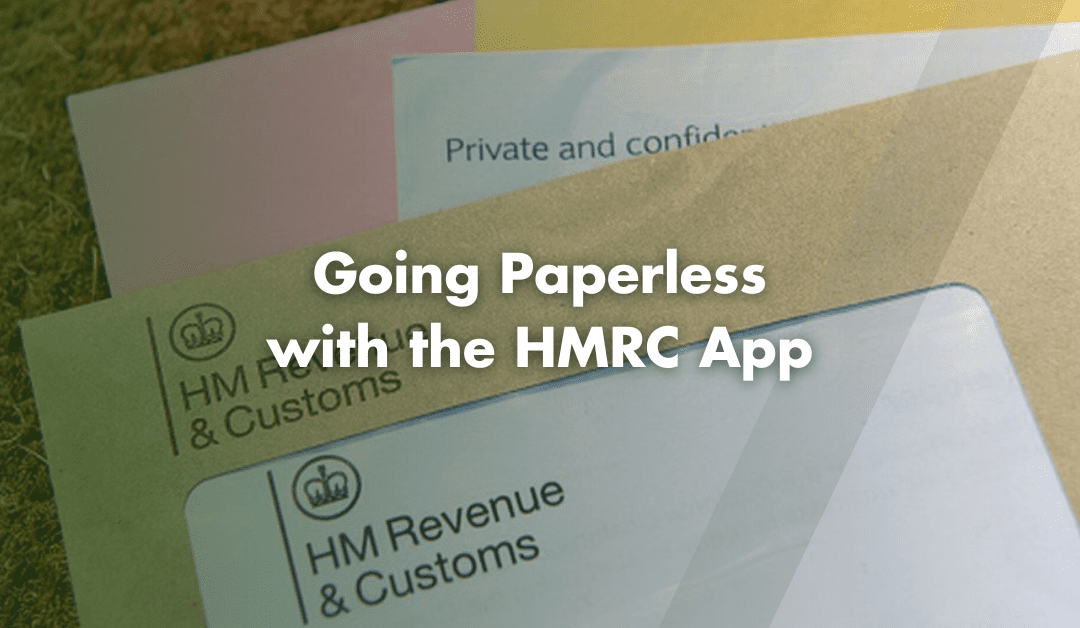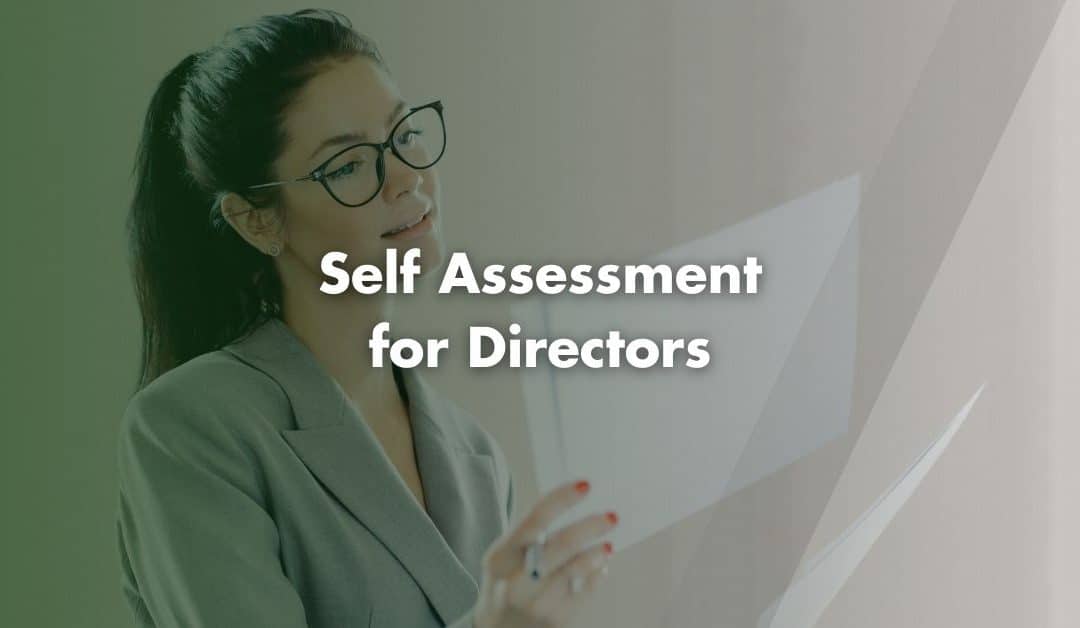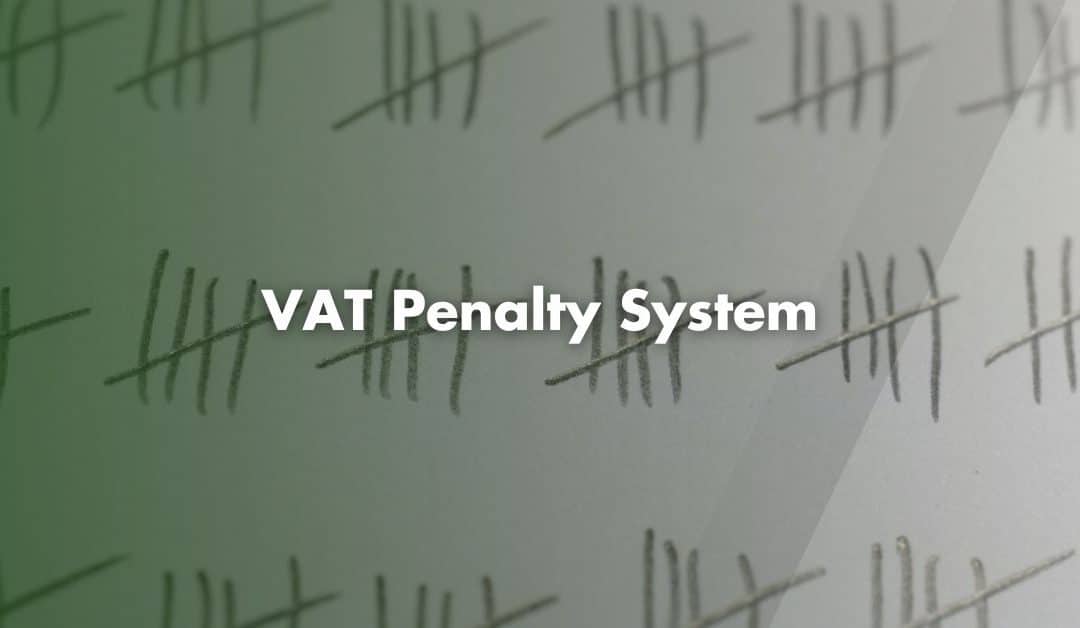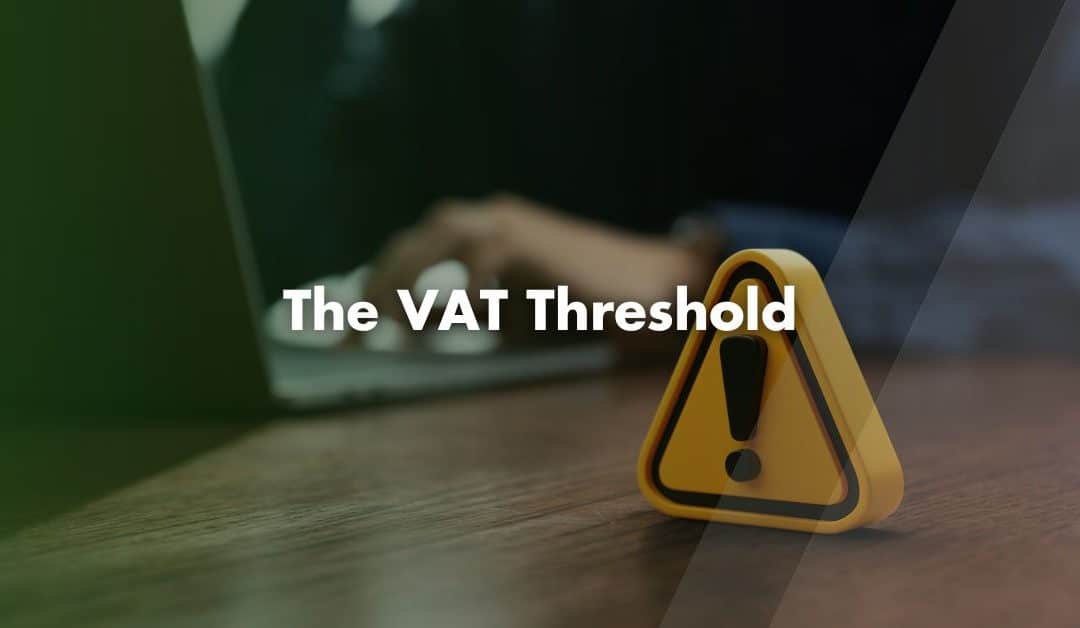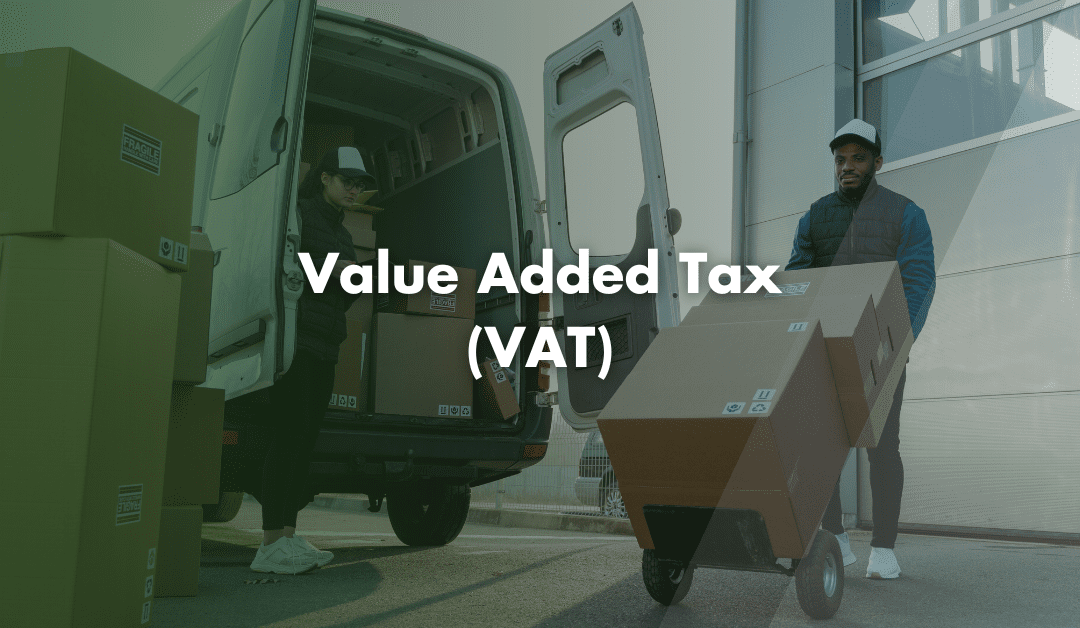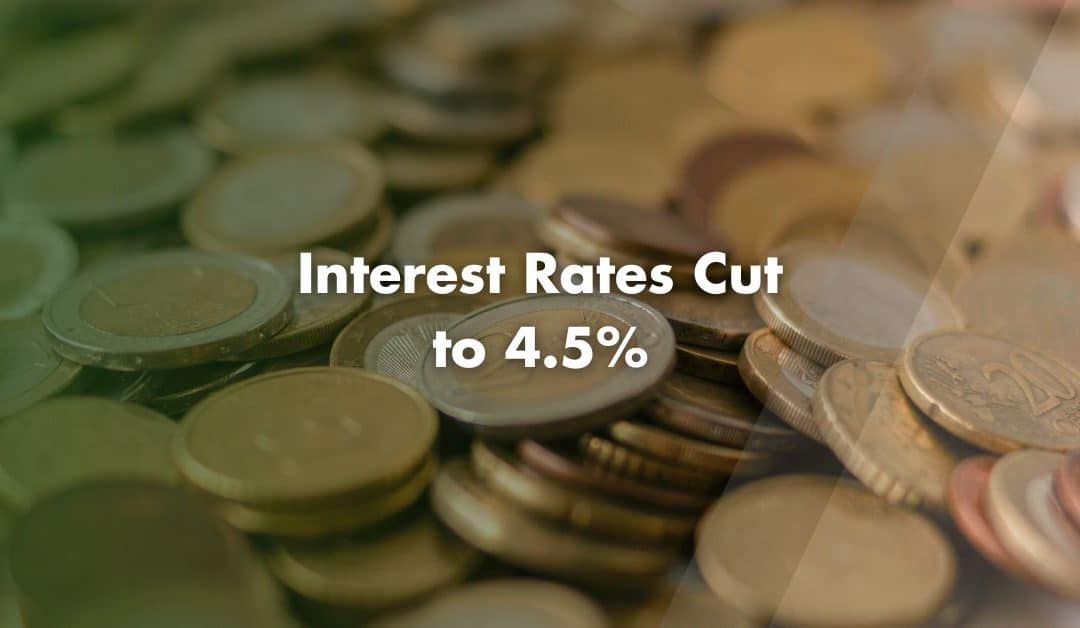
by Pi Accountancy | Feb 11, 2025 | General
The Bank of England has cut interest rates from 4.75% to 4.5%. This marks the lowest rate since June 2023 and the third cut in just over 6 months. While this move aims to support growth, it comes with both advantages and challenges. Why Have Interest Rates Been Cut to...

by Pi Accountancy | Feb 6, 2025 | Advisory and Resources, HMRC, Regulations and Schemes, Taxes
If you cannot pay your tax bill in full, a Time to Pay arrangement allows you to spread your tax bill into manageable monthly instalments. While interest still applies, you can avoid further late payment penalties once HMRC agrees to the plan and you keep to it. What...

by Pi Accountancy | Feb 5, 2025 | Frequently Asked Questions
Professional Clearance is the process of getting approval from a professional body or regulatory organisation to make sure all works follows the law, regulations and ethical standards. This process is especially relevant when an accountant or firm takes over from a...

by Pi Accountancy | Feb 4, 2025 | Advisory and Resources, Business, Frequently Asked Questions, Taxes
If you run a business, the “Wholly and Exclusively” rule determines whether you can deduct an expense from your taxable profits. To qualify for tax relief, you must incur the expense Wholly and Exclusively for the purposes of your trade. In practical...

by Pi Accountancy | Jan 30, 2025 | Self Assessment
A Simple Assessment is a tax calculation HMRC sends you when you owe tax they cannot collect automatically through the PAYE (Pay As You Earn) system. Instead of requiring you to submit a full Self Assessment tax return, HMRC calculates how much you owe and sends you a...

by Pi Accountancy | Jan 29, 2025 | Advisory and Resources, Self Assessment
Self Assessment forms are used to report income, calculate taxes and claim reliefs. All those completing a tax return must complete the main form, SA100. Depending on your sources of income, you may also need to complete supplementary Self Assessment forms to provide...

by Pi Accountancy | Jan 21, 2025 | Advisory and Resources, Self Assessment, Self-Employment and SMEs
HMRC uses Self Assessment to collect Income Tax from employed and self-employed individuals. Your employer will automatically deduct tax from your earnings, if they are employing you. However, as a self-employed individual, it is your responsibility to report your...

by Pi Accountancy | Jan 16, 2025 | Advisory and Resources, HMRC, Self Assessment, Taxes
Whether it’s a simple typo or forgetting details, errors can slip through the cracks. When it comes to your tax return, these mistakes can feel monumental, especially after the deadline has passed. However, amending your tax return can be an option, depending on...

by Pi Accountancy | Jan 15, 2025 | Frequently Asked Questions
Tax season can be one of the most stressful times for sole traders. With so many obligations and deadlines to manage, it’s easy to feel overwhelmed. A common concern is whether HMRC has processed your tax return. However, by using HMRC’s online services, the...

by Pi Accountancy | Jan 14, 2025 | Self Assessment
As the deadline for filing a Self Assessment tax return online fast approaches, HMRC is urging taxpayers to remain vigilant against scams. Scammers often take advantage of this time to target unsuspecting individuals with fake tax rebate offers or threats of...

by Pi Accountancy | Jan 8, 2025 | Advisory and Resources, Self Assessment
For the 2023/24 tax year, the income threshold for filing a Self Assessment tax return has increased from £100,000 to £150,000 for taxpayers taxed solely through the PAYE (Pay As Your Earn) system. If your income through PAYE is below £150,000 and you do not meet any...

by Pi Accountancy | Dec 19, 2024 | Frequently Asked Questions
What is the DWP Christmas Bonus? The DWP provides a one-off £10 Christmas Bonus each December to qualifying individuals. Since it’s introduction in 1972, this payment has aimed to support those on certain benefits with the financial strain of the festive period....

by Pi Accountancy | Dec 18, 2024 | Advisory and Resources, PAYE, Payroll and Employment
For many businesses, December brings festive pressure and changes to normal payroll routines. Offices may close for several days and staff may also take annual leave. As a result, many employers choose to pay their staff earlier than usual in December. Early payment...

by Pi Accountancy | Dec 17, 2024 | Advisory and Resources, Business, Payroll and Employment
Christmas brings a fast and intense rise in demand for many businesses. As a result, many employers hire temporary Christmas staff to keep operations running smoothly. These short-term workers help manage extra tasks and maintain strong customer service when it...

by Pi Accountancy | Nov 28, 2024 | Regulations and Schemes
E-bikes are bicycles equipped with an integrated electric motor and battery. This motor assists the rider’s pedalling, making cycling less effort-intensive. While they still require pedalling, the electric assistance can provide a boost, especially when climbing...

by Pi Accountancy | Nov 22, 2024 | Company Car
Company Cars and Vans The government detailed important updates in the recent Autumn Budget on taxing company cars and vans, with a particular focus on electric vehicles and low-emission options. Whether you’re considering a new company car or an electric...

by Pi Accountancy | Nov 21, 2024 | Advisory and Resources, Self Assessment
Filing your Self Assessment tax return on time can help you avoid penalties from HMRC. These penalties can quickly add up, leaving you with more stress than just paying your tax bill. What Happens if You File Your Tax Return Late If you miss the Self Assessment...

by Pi Accountancy | Nov 20, 2024 | QuickBooks
QuickBooks Self-Employed App Removal Starting January 2025, the QuickBooks Self-Employed app will no longer be available for download from the App Store and Google Play. However, if you have already downloaded the app, you can continue using it as usual. It will...

by Pi Accountancy | Nov 14, 2024 | HMRC
Going Paperless with the HMRC App If you find yourself puzzled by the absence of your usual Self Assessment letter, you’re not alone. HMRC is reducing the number of paper communication it sends, encouraging taxpayers to manage their affairs digitally. If you’re...

by Pi Accountancy | Nov 13, 2024 | Self Assessment
Those who work as self-employed contractors will likely need to submit a Self Assessment tax return each year. This ensures that HMRC has a full view of the contractors income so they can calculate the appropriate tax. Do Contractors Need to Submit a Self Assessment?...

by Pi Accountancy | Nov 12, 2024 | Director, Self Assessment
Many directors assume that filing limited company accounts and paying Corporation Tax covers everything. However, HMRC treats your personal income separately from your company’s tax affairs. As a result, Self Assessment often applies to company directors. Many...

by Pi Accountancy | Nov 8, 2024 | Advisory and Resources, VAT
HMRC introduced a new VAT Penalty System on 1st January 2023. This system replaced the old default surcharge regime and introduced a clearer, points-based approach to late submissions and payments. Businesses that understand this system can protect themselves from...

by Pi Accountancy | Nov 7, 2024 | Frequently Asked Questions, VAT
The VAT threshold is the maximum amount of VAT-taxable turnover your business can earn in any rolling 12-month period before you are legally required to register for VAT. As of 1st April 2024, the threshold is £90,000. HMRC has confirmed this figure will remain...

by Pi Accountancy | Nov 5, 2024 | Frequently Asked Questions
VAT, or Value Added Tax, is a consumption tax that businesses charge on most goods and services. Businesses collect the tax on behalf of the government by adding it to the price of their products and services. Customers pay this tax and businesses pass it onto HMRC....





